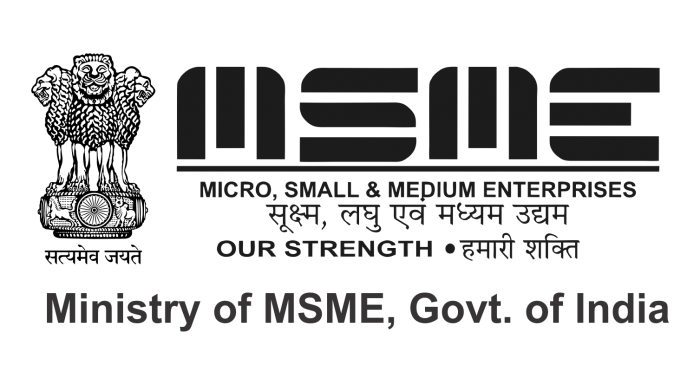New Delhi, June 6: Providing major relief to the MSME sector, RBI Wednesday eased NPA classification norms for such units facing input credit linkages and associated issues.
“In continuation of support and relief to MSMEs, NPA recognition for GST and non GST MSMEs now at 180 days for dues up to December 31, 2018. Tapering norm from January 1, 2019 to encourage GST registration” Financial Services Secretary Rajiv Kumar said in a tweet.
In February, banks and NBFCs were allowed to temporarily classify their exposures to the Goods and Services Tax (GST) registered Micro, Small and Medium Enterprises (MSMEs), having aggregate credit facilities from these lenders up to Rs 25 crore, as per a 180 day past due criterion.
“This was done with a view to ease the transition of MSMEs to the formalised sector post their registration under the GST,” RBI said in the monetary policy review.
“Having regard to the input credit linkages and associated issues, it has now been decided to temporarily allow banks and NBFCs to classify their exposure, as per the 180 day past due criterion, to all MSMEs with aggregate credit facilities up to the above limit, including those not registered under GST,” it said.
Accordingly, eligible MSME accounts, which were standard as on August 31, 2017, shall continue to be classified as standard by banks and NBFCs “if the payments due as on September 1, 2017 and falling due thereafter up to December 31, 2018 were/are paid not later than 180 days from their original due date”, it added.
It further said that in view of the benefits from increasing formalisation of the economy for financial stability, the 180 day past due criterion — in respect of dues payable by GST registered MSMEs from January 1, 2019 onwards — should be aligned to the extant norm of 90 day past due in a phased manner.
For entities that do not get registered under GST by December 31, 2018, the asset classification in respect of dues payable from January 1, 2019 onwards shall immediately revert to the 90 day norm, it said.
RBI also said that Standalone Primary Dealers (SPDs) would gradually permitted to diversify their activities beyond G-sec activities into alternate streams, within acceptable limits.
“In order to facilitate SPDs to provide comprehensive services to their FPI clients, it has been decided to provide the SPDs a limited Foreign Exchange licence. A circular in this regard shall be issued by the end of June 2018,” it said.
With regard to Core Investment Companies (CICs), it said, a detailed instructions relating to their exposure of towards InvITs will be announced within a week.
CICs registered with the Reserve Bank as Non-Bank Financial Companies (NBFCs) primarily invest in group companies and do not carry out any other NBFC activity.
They are required to invest in group companies in the form of equity shares, preference shares, bonds, debentures, debt or loans, at least up to 90 per cent of their net assets, while equity investments in group companies must constitute at least 60 per cent of net assets.
“In order to promote infrastructure development through investment in InvITs, it has been decided to enable CICs to act as sponsors to InvIT issuances and permit them to reckon their holdings of InvIT units as sponsors as part of the sub-limit of 60 per cent for equity investments in group companies,” it said.
Exposure of such CICs towards InvITs shall be limited to their holdings as sponsors and shall not, at any point in time, exceed the minimum limit in terms of amount and tenor prescribed in this regard by Securities and Exchange Board of India (SEBI) (Infrastructure Investment Trusts) Regulations, 2014, it said, adding, necessary instructions will be issued within a week.
